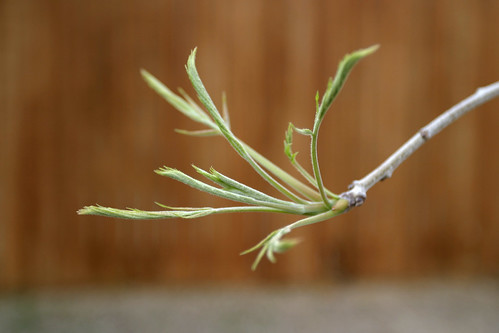 Book: Nickel and Dimed by Barbara Ehrenreich
Book: Nickel and Dimed by Barbara Ehrenreich
Recommeneded: Yes, definitely.
I moved on to a shorter, simpler book that I was able to read in less than a week. In Nickel and Dimed, Barbara Ehrenreich “goes undercover” as a low-wage worker. In addition to the introduction and evaluation (conclusion), the book is divided into three sections: Serving in Florida, Scrubbing in Maine, and Selling in Minnesota.
She set up limits that included having a car, not going hungry, and never living on the streets. She admits that her experiment began with a best-case scenario to find out what it’s like to live on low wages, and even takes the highest paying job she can find that requires no education and is considered “unskilled”.
Although I’ve worked a few “unskilled” jobs and consider myself to have a fairly realistic perception of what low-wage earners have to go through, her experiences were eye-opening and definitely worth reading about. I know what it’s like to be treated as a substandard human being by restaurant management, and I’ve struggled more with my lowest-paying jobs than I ever did with the highest, but I’ve never had to clean someone else’s toilets or floors, and at the end of the day I knew that I wouldn’t be doing that sort of thing for the rest of my life.
Although she does write about the “technical” aspects of her experiment–like how much she makes and what she has to spend and how she comes out financially in the end–the main focus is on the people she meets and works with at her various jobs.
It’s a book worth reading and a subject worth considering, and even worth giving a whole lot of thought to. I can’t adequately summarize all the jobs and people, but the book is short, well-written, and very easy to read, so I’d recommend it to anyone.
One thing (of many things) that really struck me was when, on her last day working for a maid company, she asks her co-workers how they feel about the company’s owners who have so much while they have so little. One of their replies was:
“I don’t mind, really, because I guess I’m a simple person, and I don’t want what they have. I mean, it’s nothing to me. But what I would like is to be able to take a day off now and then…if I had to…and still be able to buy groceries the next day.”
Indeed.



